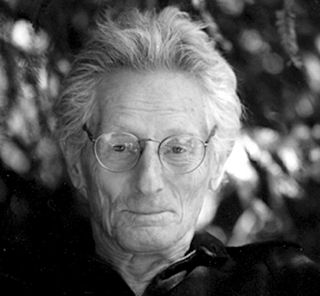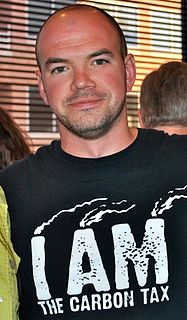A Quote by Dalai Lama
At a fundamental level, as human beings, we are all the same; each one of us aspires to happiness and each one of us does not wish to suffer. This is why, whenever I have the opportunity, I try to draw people's attention to what as members of the human family we have in common and the deeply interconnected nature of our existence and welfare.
Related Quotes
Everyone wants to be happy; happiness is a right. And while on a secondary level differences exist of nationality, faith, family background, social status and so on, more important is that on a human level we are the same. None of us wants to face problems, and yet we create them by stressing our differences. If we see each other just as fellow human beings, there'll be no basis for fighting or conflict between us.
No matter what part of the world we come from, we are all basically the same human beings. We all seek happiness and try to avoid suffering. We have the same basic human needs and concerns. All of us human beings want freedom and the right to determine our own destiny as individuals and as peoples. That is human nature.
Whether one is rich or poor, educated or illiterate, religious or nonbelieving, man or woman, black, white, or brown, we are all the same. Physically, emotionally, and mentally, we are all equal. We all share basic needs for food, shelter, safety, and love. We all aspire to happiness and we all shun suffering. Each of us has hopes, worries, fears, and dreams. Each of us wants the best for our family and loved ones. We all experience pain when we suffer loss and joy when we achieve what we seek. On this fundamental level, religion, ethnicity, culture, and language make no difference.
At the core, there is one simple, overarching reason why so many people remain unsatisfied in their work and why most organisations fail to draw out the greatest talent, ingenuity, and creativity of their people and never become truly great, enduring organisations. It stems from an incomplete paradigm of who we are - our fundamental view of human nature. The fundamental reality is, human beings are not things needing to be motivated and controlled; they are four-dimensional - body, mind, heart, and spirit.
We begin from the recognition that all beings cherish happiness and do not want suffering. It then becomes both morally wrong and pragmatically unwise to pursue only one's own happiness oblivious to the feelings and aspirations of all others who surround us as members of the same human family. The wiser course is to think of others when pursuing our own happiness.
The human face is the most deeply ingrained image in our brains. It is the two dots and a dash we connect with as babies. It is the focus of our attention in our relationships with each other. The face and the human figure express all we are. Everything else - architecture, art, even landscape - we usually understand in relation to us.
Every human being has consciousness, but not every human being has the same amount. The potential for each one of us human beings is infinite consciousness. This is called supreme enlightenment, and it just needs unfolding by transcending each day. The more consciousness we have, the better life is.
Eliminate the concept of division by class, skills, race, income, and nationality. We are all equals with a common pulse to survive. Every human requires food and water. Every human has a dream and desire to be happy. Every human responds to love, suffering and pain. Every human bleeds the same color and occupies the same world. Let us recognize that we are all part of each other. We are all human. We are all one.
Being forcefully rattled out of our consumer mentality - our addiction to comfort and convenience can create an opportunity for us [people] to reconnect with what we really value and with the qualities of life that really can sustain us - which include reconnecting with our roles as citizens, community members, and human beings.





































